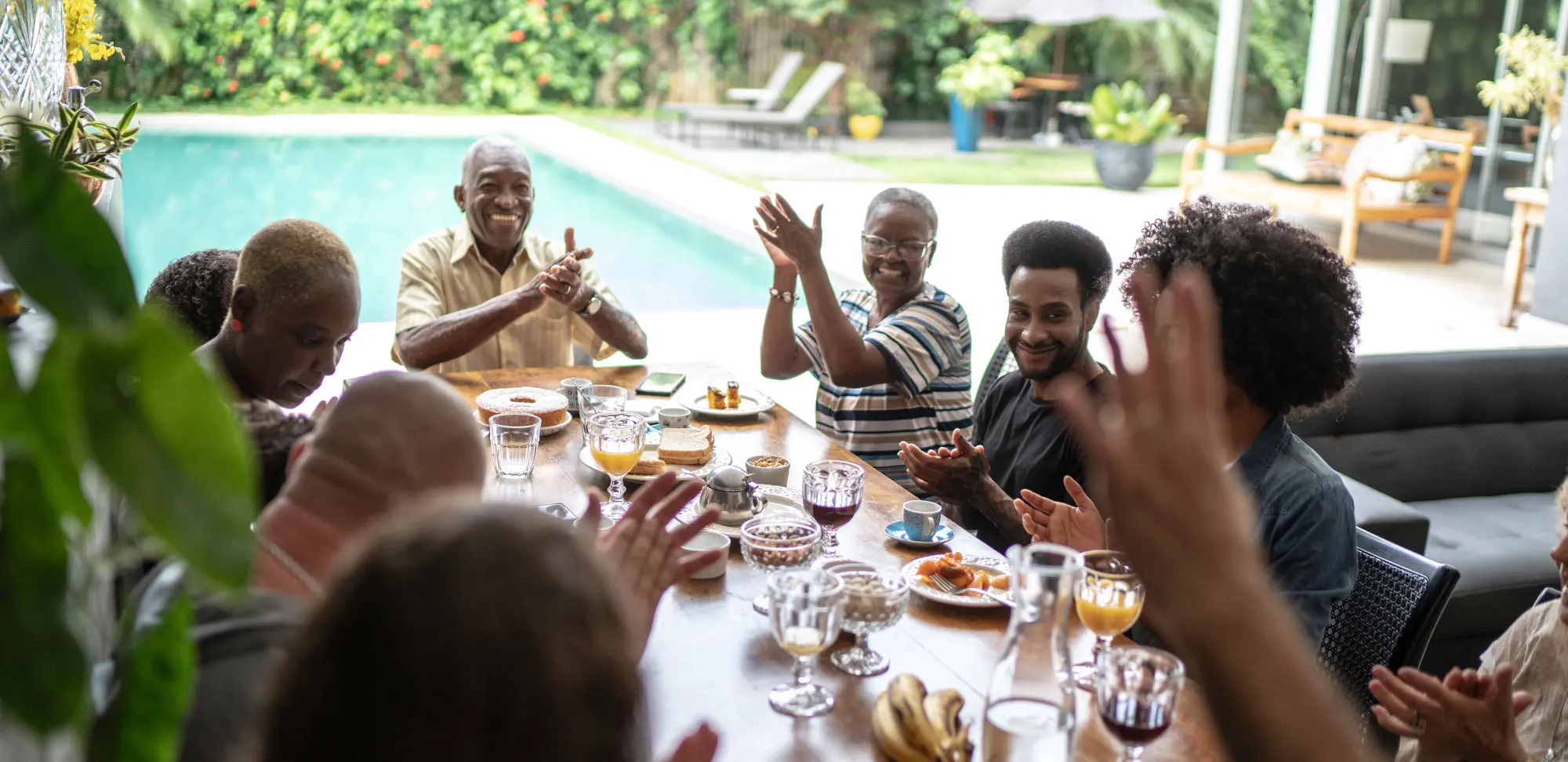Few aspects of our well-being are as essential, yet as mystifying, as spiritual health.
In a McKinsey Health Institute global survey on aspects of wellness, 62 per cent of people rated their spiritual health as very or extremely important. And 53 per cent of Canadians surveyed by Research Co. described themselves as very or moderately spiritual — more than twice as many as the 25 per cent who said religion is very important to them.
But that said, ask just about anyone to describe spiritual health and chances are they’ll struggle with an answer.
Think of it this way. Part of the human experience is our desire for meaning and our connections to ourselves, others, nature or a higher power, says Jane Kuepfer, a professor and the Schlegel Specialist in Spirituality and Aging at the University of Waterloo’s Conrad Grebel University College. That’s spirituality.

Kuepfer says that spirituality finds expression in our relationships, rituals, traditions, practices, stories, creativity, beliefs and values. All of these things can be both personal and communal. That’s spiritual practices and resources.
Together, they feed our spiritual health — “gathering, holding and sharing love, hope, peace and joy, in the midst of life’s circumstances,” says Kuepfer. “Spiritual health is a way of being from day to day.”
It’s that grab bag of definitions that appeals to Brenda Mailer, who operates a business called Seabright Spirit just outside Halifax. “The thing I love about spirituality is that it can be so individual,” says Mailer, a certified life coach who also teaches yoga and runs workshops on living with clarity.
Spirituality has long lived in religious devotions and cultural beliefs, but the spiritual-but-not-religious community is growing. Religious faith can be part of a spiritual quest, but so can many other pursuits and ways of thinking. In fact, it has become much more personal, and, says Mailer, you could well be on your own spiritual journey without even knowing it.
So just what is spiritual health? Why do you want it? And what can you do to achieve it?
Three legs of the wellness stool
If you think of being healthy in mind, body and spirit as three legs of our wellness stool, the question is whether they’re in balance.
As with any other health practice, you can find ways to work a range of spiritual habits into your day and week, and they add up. Why should you? Because spiritual health is beneficial in its own right, and can be part of our broader physical and mental wellness.
The Journal of Health and Social Behavior reported that higher levels of spirituality were associated with greater well-being, including positive emotions and relations with others, purpose in life, personal growth and self-acceptance. Another study in Social and Behavioral Sciences showed a strong relationship between spiritual wellness and mental health. And a major review led by researchers at Harvard’s School of Public Health concluded that spirituality can offer “protective benefits” and for many people is associated with better health outcomes, longer lives and less depression.
“Spirituality” can take on a different meaning over time, says Kuepfer. Priorities and responsibilities change. Building careers and raising children may be behind us. “As we get older, our meaning in life shifts,” she says.
You might start to reassess life in a new stage. Kuepfer says that can bring greater clarity regarding “What’s it all about?” You may become better able to grasp your entire life story and the threads pulling it together.
Still not sure what spirituality means?
If you’re still having trouble defining spirituality, think of the concept in terms of its opposite.
A piece in Psychology Today suggests that the inverse of spiritual is mechanical: “To live mechanically as a human is to live as a stimulus-response machine, to think, feel and act on automatic pilot, by habit, reflex and unconscious conditioning,” writes the author, Russell Siler Jones, a psychotherapist who also holds a doctorate in theology.
With machines, he writes, you flip a switch and they run — no thinking and no choice. A mechanical life means being under the control of whatever is “flipping our switch” at the moment.
Any number of events, circumstances, people, moods, prejudices, impulses and assumptions can control us. When we’re spiritual, we’re better able to resist those forces and tune in to everything that really matters around us.
Mailer says people can find themselves living a reactive life, going through the motions. Once they recognize they’re living on autopilot, they’re better able to adopt new or more conscious actions and attitudes that feed a more spiritual life. “We’re not machines. We start to realize there is a deeper sense of self we can cultivate,” she says.
The notion may be abstract and subjective, but it’s nevertheless powerful.
“The more grounded, centred and aligned you are, the more you realize the connection with self and other,” Mailer says. “It’s about finding purpose in every interaction. That’s different for everybody. But are you living in accordance to who you are? What’s causing you to stray from that? And what brings you home to yourself?”
Do a spiritual check-in
Other health directives are pretty straightforward — eat enough fruits and vegetables, or take 30 minutes a day for physical activity. The road to spiritual health doesn’t offer a similar, clear-to-follow menu or workout schedule. If anything, part of the journey is asking yourself questions that have no easy answers, says Kuepfer.
She thinks of spirituality as looking for the “more” in our lives. She calls it a process of discovery and curiosity. “Spirituality is about being more fully alive and engaged in all dimensions of life,” she explains.
Think of becoming more spiritual as a check-in, not a checklist, says Mailer. To start, consider these 15 questions.
- What offers you larger meaning, and how are your pastimes connected to that?
- Do you take time for quiet reflection, prayer or meditation?
- Do you take time for yourself, disconnected from technology to be present?
- Do you participate in formal or informal community service?
- Do you engage in activities or employ strategies that connect your mind and body — yoga, for example, or mindfulness and breathing exercises?
- Do you have hobbies that uplift you beyond a physical or intellectual payoff?
- Do you practise spiritual traditions or attend faith services or classes?
- Do you spend enough quality time with loved ones?
- Do you take walks outside or do other things that help you notice and appreciate the natural surroundings?
- Do you practise open-mindedness, forgiveness and compassion in your daily life, with others and yourself?
- Do you have clear values, ethics and beliefs and respect those of others?
- What have you learned from some of the losses in your life?
- Do you have interests or activities that allow you to slow down?
- Do you have a sense of where your happiness comes from, and are you tied closely enough to whatever that is?
- What legacy do you want, and are you on track to leave it?
You could easily ask yourself dozens more deep questions like these, and the answers can alter your actions and attitudes. “Part of spirituality is self-awareness, of how we’re moving through the world. It’s understanding who you are and your purpose in the collective,” Mailer says.










